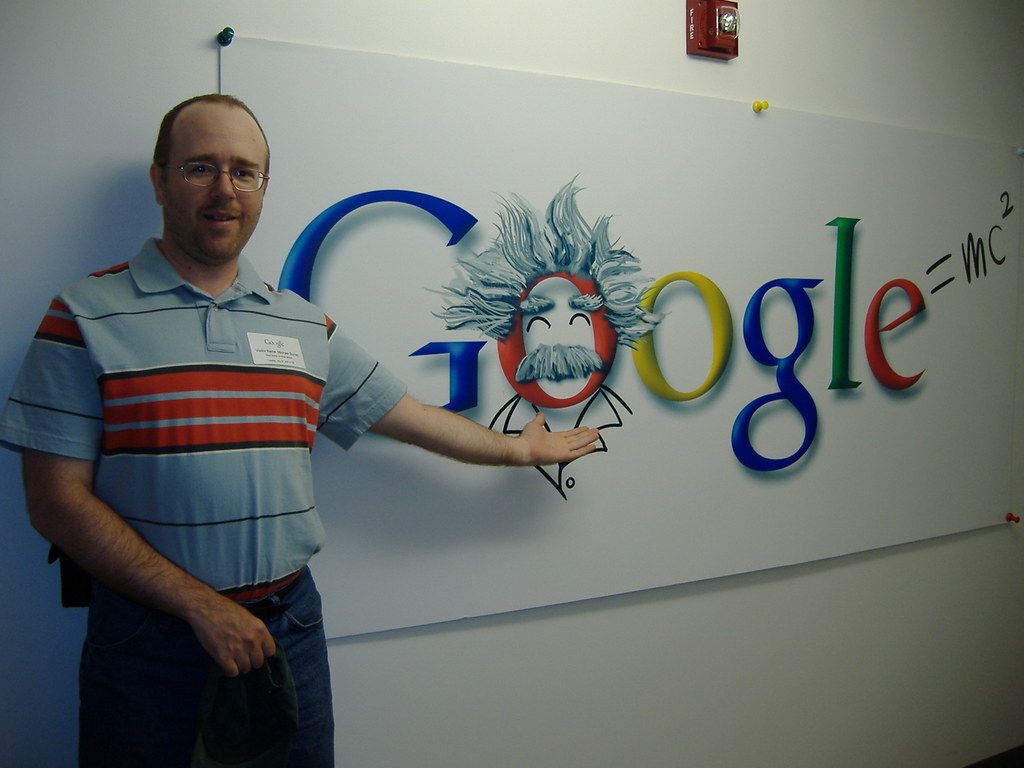Google search will change? New additions to Alphabet’s stable
Google plans to extend Chrome’s capabilities beyond keyword analysis. From now on, the key words will no longer be just words, but the whole context, and it’s not about the sentence. The user’s situational context as the king of search? Artificial intelligence is taking more and more serious steps in changing the appearance of Internet search.
During September’s Search On event, Google unveiled quite a few new features for its ecosystem. It’s electrifying how the world of the internet will change when these join forces. Google, thanks to machine learning, wants to get as many people as possible to be more active on its platform. Google is offering its customers a kind of exchange: We as Google give you better and richer search results, but you have to give us that context in return.
MUM from Uncle Google…
MUM, or multi-modal search, is expected to use Google Assistant, ads and search along with Google Lens and internal algorithms. The new option is designed to allow users to point their lens at any image in front of them and ask a related question. As an example, ignorance of the name of a design is given, which will make it impossible to find it in a search engine. Even knowledge of nomenclature is no guarantee of finding what a sample individual is looking for.
In light of the new possibilities, she could simply show this design to Google and, when asking about it, make the additional command that she would like socks in this cut. The search engine will spit out results in line with the searcher’s expectations while keeping time and effort to a minimum.
Not just patterns!
Google is not limited to socks and patterns on clothing, however. Within these tools, it will also be possible to point to any item and ask about its use or how to fix it, to which Google will respond by directly redirecting us to a video that shows the solution to the problem. Not the whole video, but the moment that is the answer to our query – quite functional solution.
The new UX, or the new UI
Such a drastic conceptual change in the operation of a search engine gives an obvious indication of the need to remodel it. So Google announces a major overhaul in its product design.
Artificial intelligence and its use is expected to help the search engine understand more and more topics and how to develop and suggest them to users.
What you should know
It promises to implement a “What’s Worth Knowing” section to address any concerns and solve problems before they arise, plus it could be a tile for inspiration. Google gives the example of decorating an apartment, during which the keyword “acrylic painting” will find 350 topics related to it and will direct the user to find the answer he is looking for.
Alphabet also proposes new features to refine and expand search, which allows you to find related topics, find inspiration or new content that you would never have come across before. This includes searching with images, articles, videos, voice, etc.
Video Intelligence
Artificial intelligence is supposed to not only find specific moments in a video, but also after understanding their context will be able to find videos with similar themes or overtones. An example of this is a movie about the life of penguins, in which there is nothing about its partnerships, for which Google will give us a hint.
The world is not that simple
The problem of Google search engine is trying to determine everything to the ideal search term for the problem. This is also pointed out by journalists at The Verge, who blame the company for single-tracking and potentially spreading false or unexpected information as a byproduct of the system’s automations and guidelines.
. “Almost all language models, if you look at them, are embeddings in high-dimensional space. There are some parts of these spaces that seem more authoritative, some parts less authoritative. These things we can evaluate mechanically quite easily” Prabhakar Raghavan, senior vice president of Google, defends himself. He says the real challenge is how to present some of this complexity to the user without overwhelming them with this information.
New search engine – new rules?
Both our editors and those at The Verge are curious about the new search idea. The Verge wonders how Google will use and present such unimaginable data sets, and in turn, where it will all be stored, how it will be indexed, and how it will affect entire SEO structures. Innovation is always an interesting development, but are we moving towards oversimplifying our perception?
With this rhetorical question we end the article, but not the topic, which will certainly come back on tongues when the search engine is updated. The world is changing, and so is Google!


